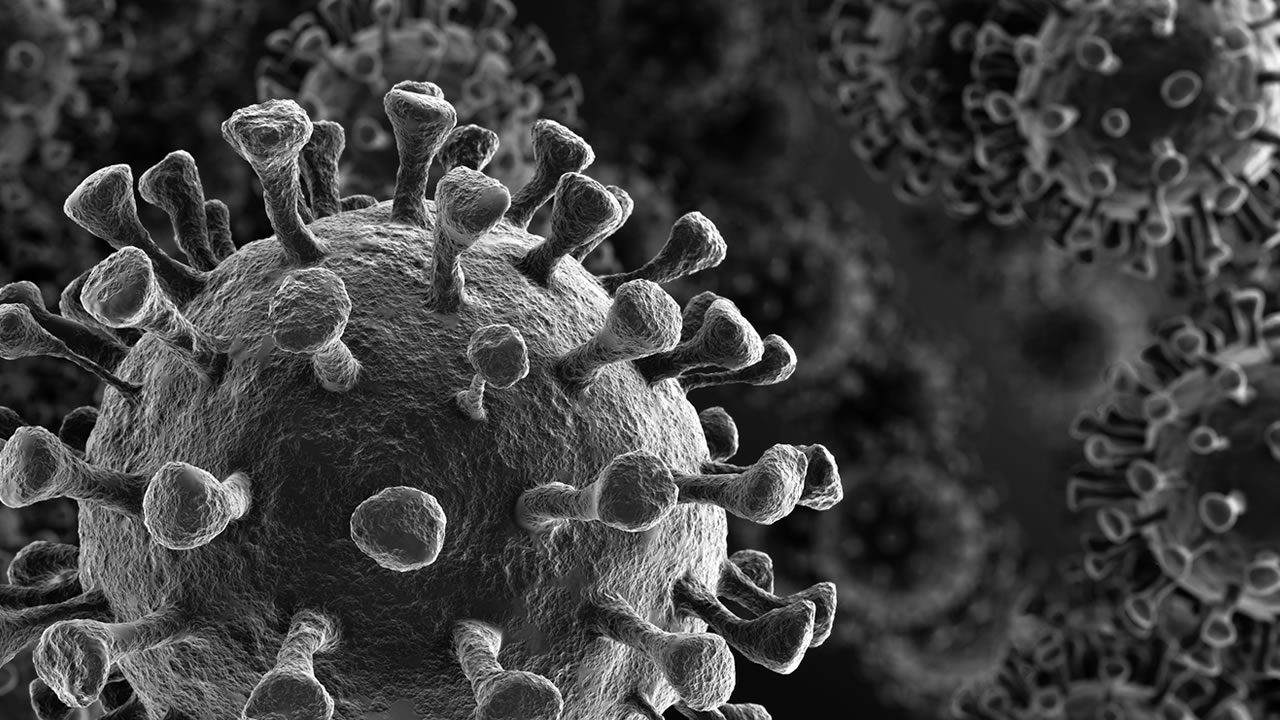Coronavirus: What does COVID-19 do to your body and why does it spread so easily?
SAN FRANCISCO (KGO) -- Coronaviruses are a family of viruses. COVID-19 is the disease this virus causes.
So, ABC7 wanted to find out, what does COVID-19 do to your body?
Coronavirus Social Distancing: How far away is 6 feet?
We asked Dr. Alok Patel, part of the ABC7 News team of experts to explain.
Coronaviruses get their name from the spikey protein that resembles a crown under a microscope. It's transmitted from person to person by respiratory droplets spread through coughs and sneezes.
"It's going to try to find its way into your upper airway system," said Dr. Patel.
The virus gets into the body through your eyes, nose, and mouth. That's why doctors keep telling people to not touch their faces.
"Now, here's where the virus' machinery comes into play," said Dr. Patel.
"Those spiked proteins are going to try to attach to your body cells, the upper and lower airway. And the whole point of the virus is to basically hijack your body cells, get into those cells, and then what it essentially does, is it tricks your cells into reproducing it," added Dr. Patel.
RELATED: Coronavirus pandemic: New model predicts when deaths, hospitalizations will peak in California
"So the virus is going to use your body to replicate and make a lot more of itself," said Dr. Patel.
That triggers your body's immune system. "And that's why people develop that fever. That's your immune system working," said Dr. Patel.
"For most people, a cough, a runny nose, and fever are the worst of it. They'll recover in a couple of days. But while they might not feel sick, they are spreading the coronavirus to others, potentially leaving it on everything they touch where it has been shown to survive for days, waiting for a new host," said Dr. Patel.
In some people, COVID-19 is devastating and potentially deadly.
"The virus can actually travel really deep down into the lungs, and then the immune response is actually out of control. And people can actually start to develop pneumonia, severe lung disease, lung failure, all because the immune system is completely out of hand and it's basically working overtime to try to catch up to the virus," said Dr. Patel.
Once you have COVID-19, the coronavirus can seek out other cells in your body, including the blood vessels that line our body and our heart.
Coronavirus Outbreak: Here's why you should practice 'social distancing'
"And so if it really spreads out of hand, you can have organ damage all over your body. You can go into shock," said Dr. Patel.
That's why people over 65, and those with pre-existing conditions, plus anyone infected with the coronavirus are urged to stay at home and keep six to ten feet from people if they need to go out.
"So long story short, the coronavirus' job is to not kill you. It wants to use you to create more of itself, and then it wants you to cough and spread it to somebody else so it can keep the chain going," said Dr. Patel.
You can stop the spread of the coronavirus by washing your hands frequently, and not touching your face.
Get the latest news, information and videos about the novel coronavirus pandemic here















